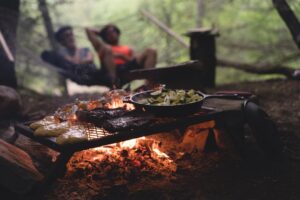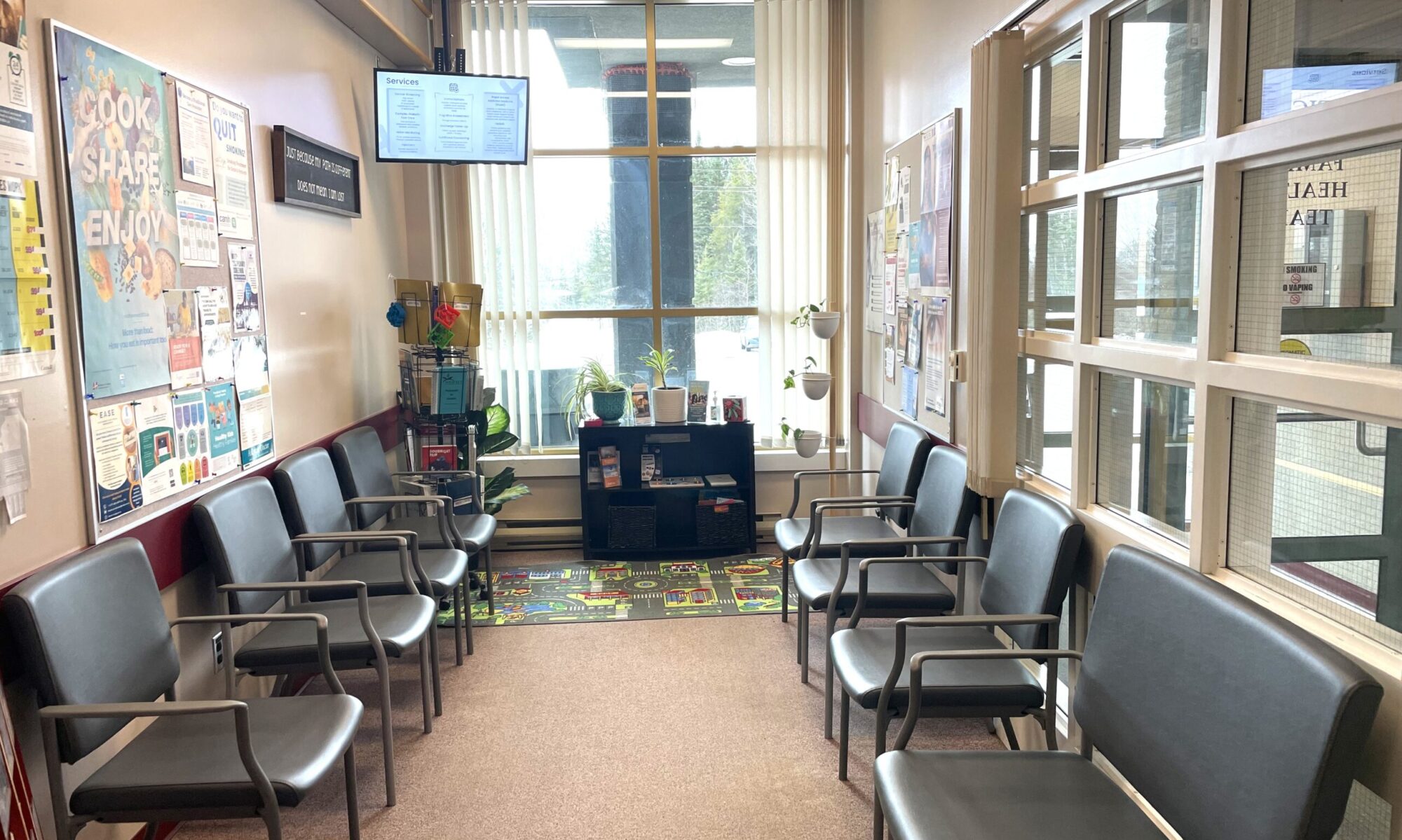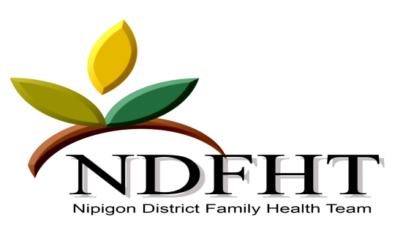
Summer Food Safety: Keep Your BBQs Fun and Safe!
Ah, summer! The season of sun-soaked picnics, sizzling barbecues, and unforgettable camping trips. But with all that fun in the sun comes a little something we need to keep in mind: food safety! That’s right—while you’re flipping burgers and munching on hot dogs, there are some pesky bacteria lurking in the warm, moist air, just waiting for a chance to crash your summer party.
Why Worry About Food Safety?
As temperatures rise, so does the risk of food poisoning. Harmful bacteria thrive in warm conditions, especially when we’re outdoors, making it super important to stay vigilant. The last thing you want is for your fun day to turn into a not-so-fun trip to the bathroom!
Enter the “Temperature Danger Zone”
Now, let’s talk about the infamous “Temperature Danger Zone.” This is the range between 4°C and 60°C, where bacteria can party like it’s 1999. In just two hours, those germs can multiply faster than you can say “potato salad.” Keep your refrigerated foods at or below 4°C to keep those nasty bugs at bay!
Plan Ahead for a Safe Summer
So how can you enjoy all those summer eats without worrying? Here are some tips to keep food poisoning out of your summer plans:
- No Room Temperature Shenanigans: On hot days, don’t let food sit out for more than one hour. The sun is not your friend when it comes to food safety!
- Shop Smart: Store your groceries quickly after buying them. Leaving food in a hot vehicle? Big no-no!
- Cool It: Use a cooler packed with ice packs for on-the-go snacking. Keep that cooler out of direct sunlight and avoid opening it too often—every time you peek inside, you let the cold air escape!
- Marinate Like a Pro: Marinate meats in the fridge or a cooler, not on the counter. And remember, if your marinade touched raw meat, it’s a one-way ticket to the trash if you plan to use it again!
Thawing: The Safe Way
Got frozen food? Here’s how to thaw safely:
- Microwave Magic: Thaw it in the microwave, but cook it right away.
- Fridge Chill: Let it thaw slowly in the fridge or cooler.
- Cold Water: Submerge it in cold water, changing the water every 30 minutes.
Important Note: Never defrost at room temperature! Bacteria can grow on the outside while the inside remains frozen. Any food left out for more than four hours? Toss it!
BBQ Time: Enjoying Safely
Who doesn’t love a good barbecue? They bring people together, but let’s be mindful about how we grill. When animal fat drips onto flames, it can cause flare-ups and form harmful chemicals. Here’s how to enjoy your BBQ without the worry:
- Meat Moderation: Consider eating less barbecued meat.
- Trim the Char: Remove charred bits from your meat—better safe than sorry!
- Marinade Matters: Marinate your meats beforehand to add flavor and reduce potential risks.
- Veggies for the Win: Serve grilled meats with a side of veggies for a deliciously healthy balance!
Wrap It Up
With these tips in your back pocket, you’re all set for a summer filled with fun, flavor, and safety! So grab your friends, fire up that grill, and enjoy the sunshine—just remember to keep those food safety practices in mind. Cheers to a summer full of great memories and safe eats! 🌞🍔🥗
https://mfht.org/2020/07/23/5-tips-for-better-nutrition-while-camping/
https://www.canada.ca/en/health-canada/services/seasonal-food-safety/summer-food-safety-tips.html

